President Putin remembers a harpist’s 80th birthday
mainEmilia Moskvitina got a telegram from the Kremlin yesterday:
‘You are rightly considered a bright, creative, enthusiastic person, an outstanding representative of the national school of harp playing. And of course, I especially note your multifaceted educational activities, tireless care for the upbringing of young talented performers, the continuation of the wonderful traditions of Russian musical art.’
Emilia has been principal harp of the Moscow State Philharmonic Symphony Orchestra since 1963 and of the Bolshoi since 1987.
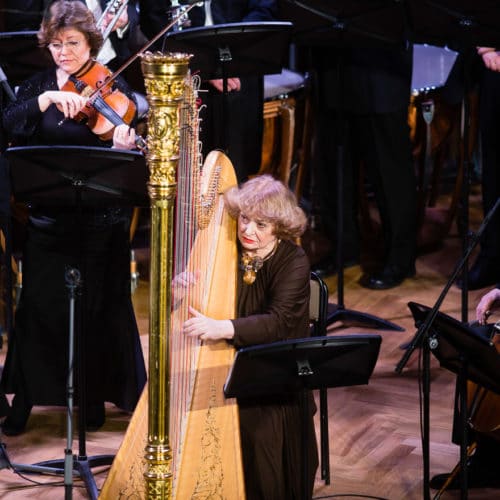
She’s one of the world’s longest-serving orchestral players.

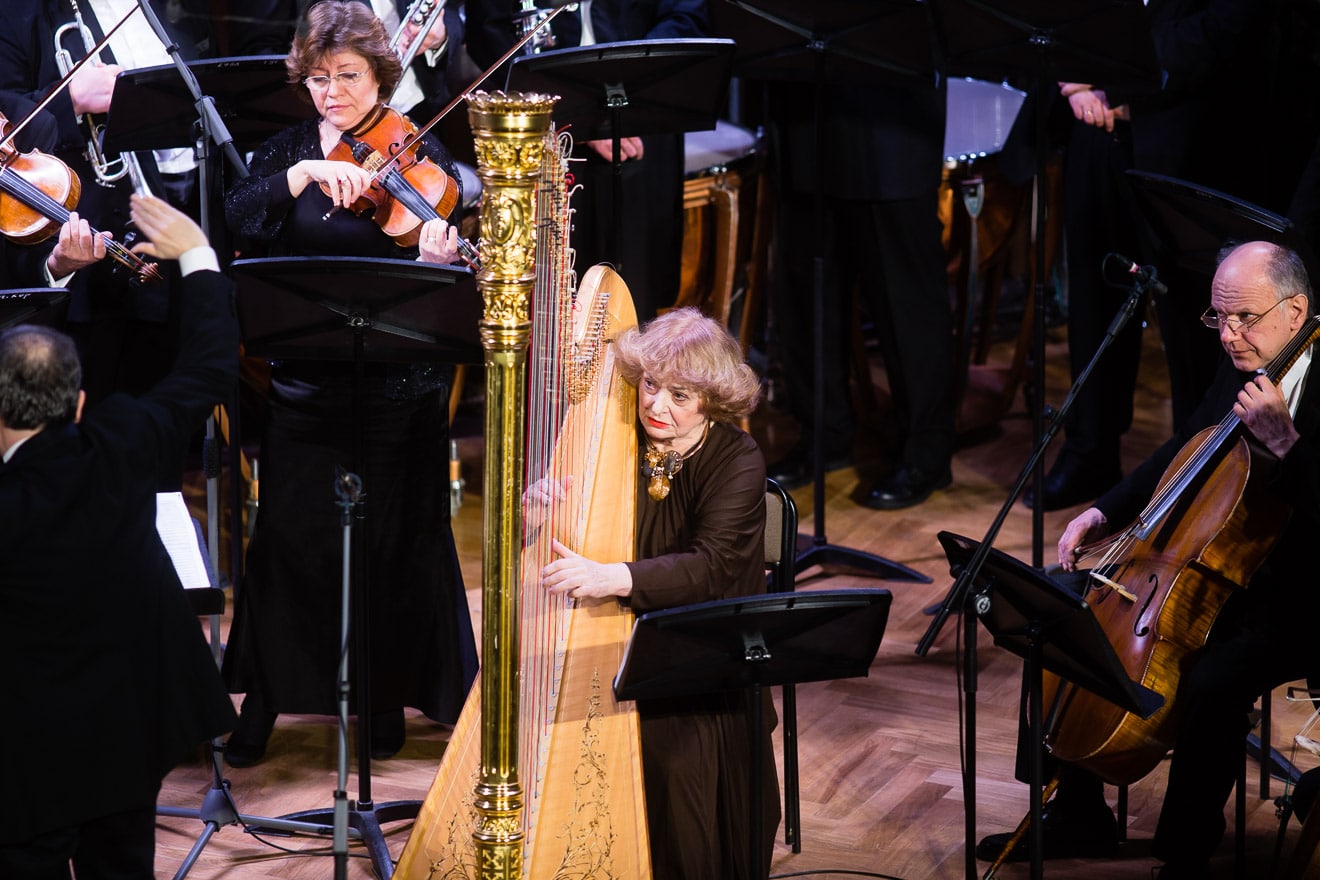
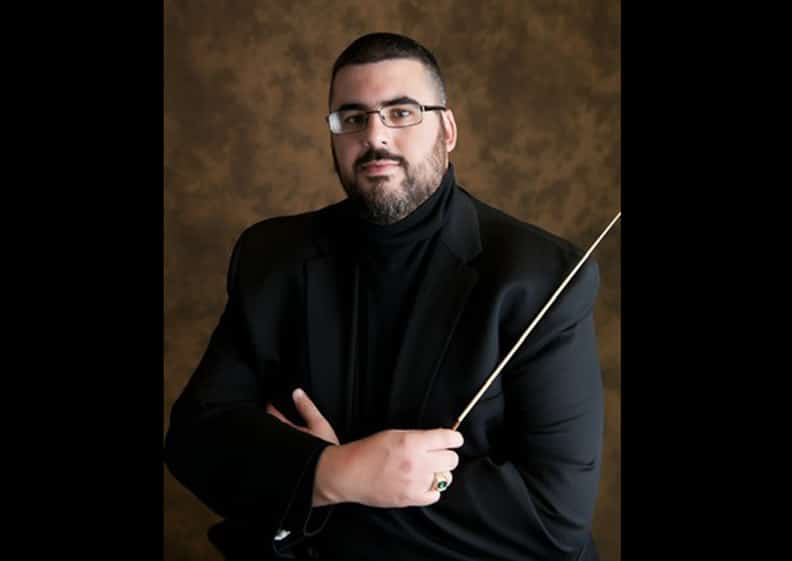

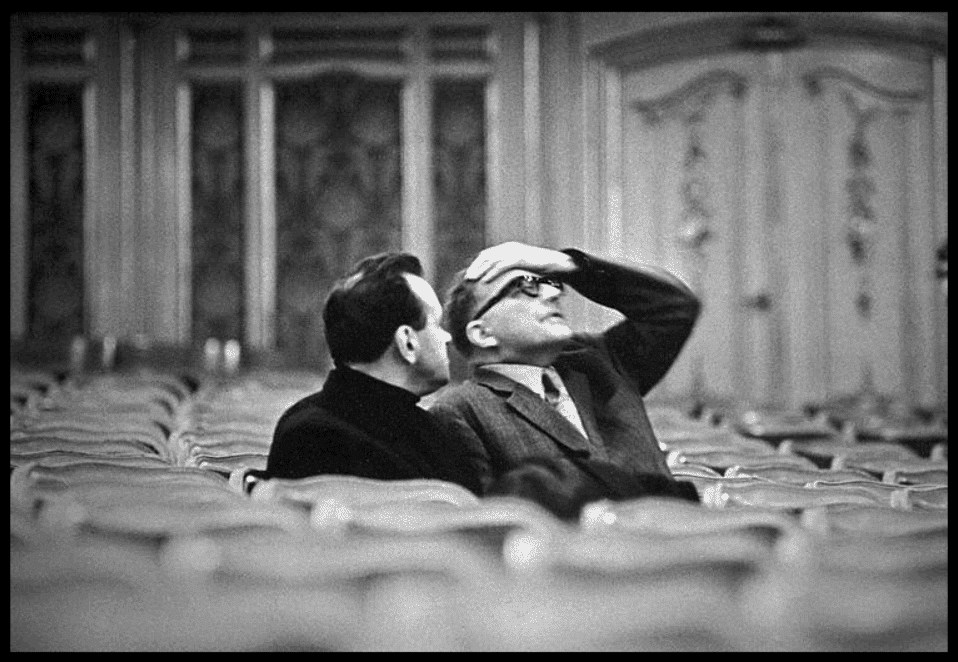
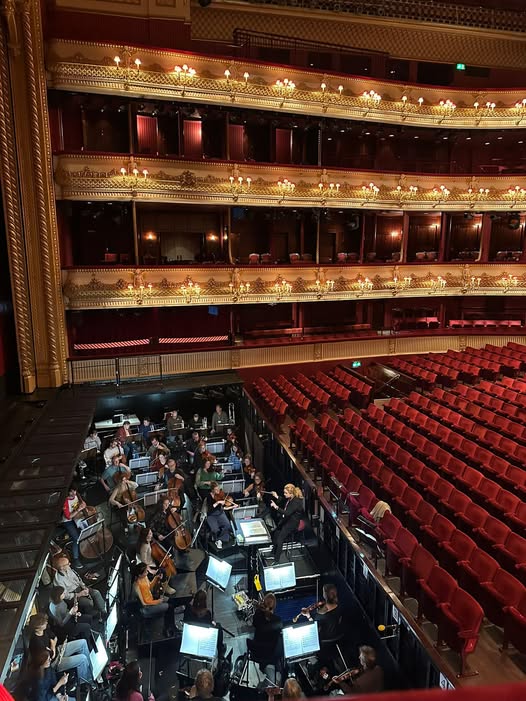
Congratulations to her on her career! And official recognition is always nice, whether you’re a fan of the current government or not.
Many more highly esteemed regimes would not have bothered to do this. Putin may be a multifaceted criminal but he is not an ignorant philistine as so many phoneys seem to think eg the recent New York Times article telling him to read Turgenev more closely to understand how critical he was about Russia. I rather think Putin knew that.
Whatever else he is, Putin is Not a philistine. He has a keen awareness of the performing arts and has been very supportive of them.
I’m just amazed that one can still reach people by telegram.
Did he mean Instagram?
It is rather beginning to look as if, despite his other sins — and nobody is saying they are not manifold — Putin is a genuine lover of music. This column has frequently featured his support of one musician or another, including the much-loved Dmitri Hvorostovsky.
It has usually been implied, if not stated, that his motives have been propagandistic and/or (except in the case of Dima, who can do no wrong in these columns) that the musicians in question are complicit in his policies.
This can hardly be the case here, where congratulations on a significant birthday are offered to a lady whose contributions seem unexceptionable and who, except to musical experts, may well be unknown to most outside her circle and the immediate devotees of these orchestras.
Actually, he could be motivated by both a genuine love of music, and recognize that it has propogandist value. But perhaps the most interesting fact is that he considers support for classical music to be a positive propogandist thing; something that shows his country and regime in a “good light”.
In sharp contrast, in Britain and the US it is usually viewed as something to use in a negative propogandist way, with politicians: they show they dislike it to show they understand ordinary people and are against elitism. Politicians who like classical music or opera have usually tried to hide it.